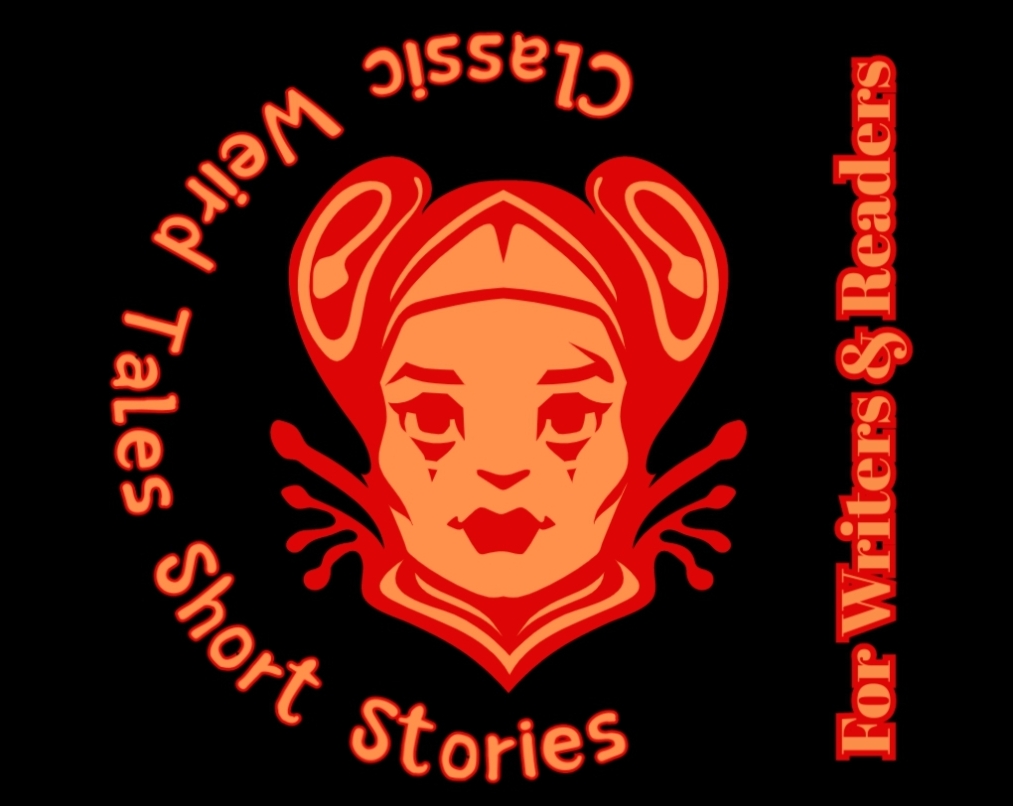10 Notable Weird Fiction Authors and Books
From the nineteenth century to today, there have been many “weird writers” whose works have impacted the literary world. Here are some of the most influential weird authors and some of their best weird fiction books and stories:
- Algernon Blackwood: Blackwood was a master weird storyteller who delved into various worlds filled with unsettling horror, wonder, and spiritual forces. His 1907 novel The Willows depicts two men as they travel down a river. They experience several unsettling occurrences, and the narrator suspects the surrounding sentient willow trees are instigating these events.
- Robert W. Chambers: The first four stories of Chambers’s anthology The King in Yellow (1895) deal with a malevolent, mysterious presence in yellow (as well as a yellow sign). This motif was an inspiration for HBO’s True Detective series.
- Lord Dunsany: Lord Dunsany (whose real name was Edward Plunkett) was an Anglo-Irish writer of dark, fantastical fiction. The Gods of Pegāna (1905) is a series of short stories depicting deities in their narratives, featuring illustrations by English artist Sidney Sime.
- Brian Evenson: Brian Evenson is a speculative fiction writer who has gained much of his inspiration from the weird fiction genre. Evenson’s 2019 short story collection Songs for the Unraveling of the World delves into the strange and unsettling world of fantastical horror.
- William Hope Hodgson: Hodgson was an English writer whose notable works included fantastic fiction and sci-fi. His short story “The Hog” (1947), first published in Weird Tales, follows a supernatural detective who must deal with a giant hog spirit. The novel The House on the Borderland (1908) follows a recluse’s hallucinatory account of a stay in a remote house, where they encounter strange and supernatural occurrences.
- Franz Kafka: Kafka’s famous short story "The Metamorphosis” (1918) features a salesman who awakes one day to find that he has turned into a monstrous insect. The narrative follows the protagonist as he deals with his new condition and the consequences of his transformation.
- H.P. Lovecraft: American writer Howard Phillips Lovecraft is one of the most famous weird fiction authors. “Lovecraftian,” a term named after Lovecraft, refers to conditions that defy the laws of nature and embody weird, cosmic horror. His short story “The Call of Cthulhu” features the abomination known as Cthulhu, a horrifyingly destructive monster with tentacles and a squid face. The story originally appeared in the science fiction and horror periodical Weird Tales in 1928.
- Arthur Machen: Arthur Machen was the pen name of Arthur Llewellyn Jones, a Welsh author in the late nineteenth and early twentieth century who wrote several stories dealing with a sense of the unknown and mystical occurrences. His first major success was a fantasy horror novella, The Great God Pan (1894), inspired by his experiences at the ruins of a pagan temple in Wales.
- Edgar Allan Poe: Many historians consider Poe the first weird fiction writer. Poe’s short story “The Fall of the House of Usher” (1839) features an unidentified narrator—a childhood friend of the main character—who visits the main character at his seemingly sentient home. As the narrator learns more about his old friend’s family and state of mind, he discovers that the house is alive and threatening to collapse.
- Jeff VanderMeer: VanderMeer’s Annihilation (2014), the first of three books in his Southern Reach Trilogy, follows four women who set out on an expedition to Area X, a mysterious land cut off from civilization that is rife with tragedy. Many people who visit this area either do not return or end up otherwise changed or sick.

No comments:
Post a Comment
Note: Only a member of this blog may post a comment.